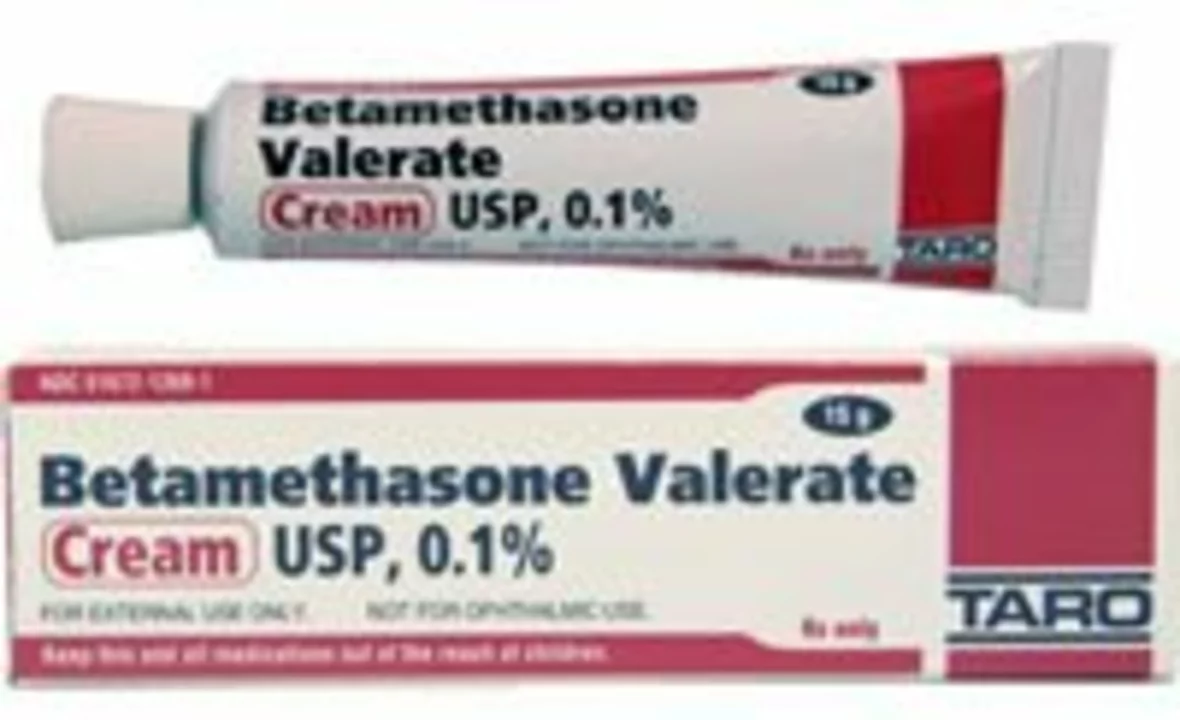Potential benefits: what really helps and what’s just hype
Want clear answers about whether a medicine, supplement, or treatment will actually help you? This tag collects practical articles that cut through marketing, show the evidence, and give real-world tips. You’ll find drug guides, supplement breakdowns, safe buying advice, and honest comparisons.
How to judge a claimed benefit
Start with the evidence. A small study or a lab test doesn’t equal a reliable benefit for people. Look for randomized trials, consistent findings across studies, and clear outcome measurements (did the treatment reduce symptoms, prevent disease, or only change a lab number?).
Next, check the size of the effect. A drug that reduces risk by 2% may be less useful than one that halves it. Also ask: how fast does it work, how long does benefit last, and who was studied? Trials done only in young healthy volunteers may not apply to older adults or those with other conditions.
Practical steps before you try something
Ask five quick questions: 1) What exact benefit is claimed? 2) Is there good human research? 3) What are the common side effects? 4) Could it interact with medicines you take? 5) Is there a cheaper or safer alternative? These keep you from chasing vague promises.
Think about dose and form. For many supplements, benefits depend on dose or standardized extracts — not just the plant name on the bottle. For prescription drugs, follow the recommended dosing and discuss duration with your clinician. Real benefit often needs the right dose and time.
Practical safety tips: verify the source (registered pharmacies, verified sellers), read the active ingredient, and avoid products making impossible promises. If a product claims to cure everything, that’s a red flag. When buying online, look for clear contact info, prescription requirements where appropriate, and independent reviews.
Examples from our archives: learn how acetaminophen may affect decision-making and empathy, explore lentinan-rich mushrooms for immune support, or read comparisons of ED providers and drug alternatives. Our medication guides — from antivirals like aciclovir to common drugs like Zestril or Diflucan — focus on what benefits you can expect and what to watch for.
No single article replaces a chat with your healthcare provider. Use these posts to be better prepared: bring specific questions, mention other medicines you take, and ask about realistic timelines for improvement. If a treatment shows modest benefits but serious risks, you and your clinician can weigh what matters most to you.
Want targeted suggestions? Browse the list of posts under this tag for step-by-step buying guides, side-by-side alternatives, and evidence summaries. Read with a critical eye, and use the quick checklist above to separate likely benefits from marketing noise.
The potential benefits of betamethasone for treating livedoid vasculopathy
In my recent research, I've discovered the potential benefits of betamethasone for treating livedoid vasculopathy. Livedoid vasculopathy is a rare and painful skin condition where blood vessels become inflamed, causing ulcers and discoloration. Betamethasone, a powerful corticosteroid, has been found to reduce inflammation and promote healing in affected areas. With its anti-inflammatory and immunosuppressive properties, betamethasone offers a promising treatment option for those suffering from livedoid vasculopathy. I'm eager to follow any upcoming research and clinical trials to better understand the full potential of this treatment.
© 2026. All rights reserved.

